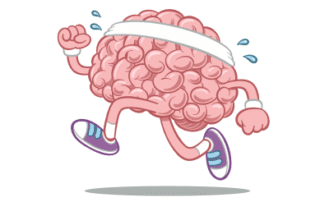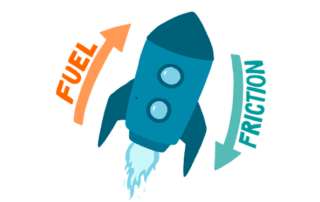Enjoyable Emotions for Self-Improvement and Behavior Change
Enjoyable emotions such as gratitude, pride, inspiration, or nostalgia can motivate people to behave in positive ways triggering positive appraisals of events or situations. These appraisals might translate into positive behaviors, such as cooperation, adaptiveness, or even persistence toward a goal. This article discusses the benefits of enjoyable emotions and how their power can be leveraged to promote behavior change.








